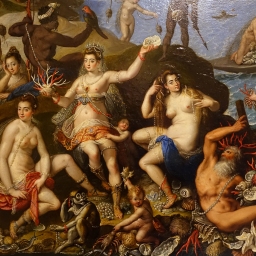Can a hot spring resort coexist with a chemical industry park? The case of Jiangsu, China
Yuanni Wang – Hohai University Loretta Lou – University of Macau, LSE From the clothes we wear to the medicines we take; chemicals are essential to modern living. While chemical products have brought many conveniences to our daily lives, the chemical industry has also caused significant damage to the environment and human health. In China, … Continue reading Can a hot spring resort coexist with a chemical industry park? The case of Jiangsu, China









